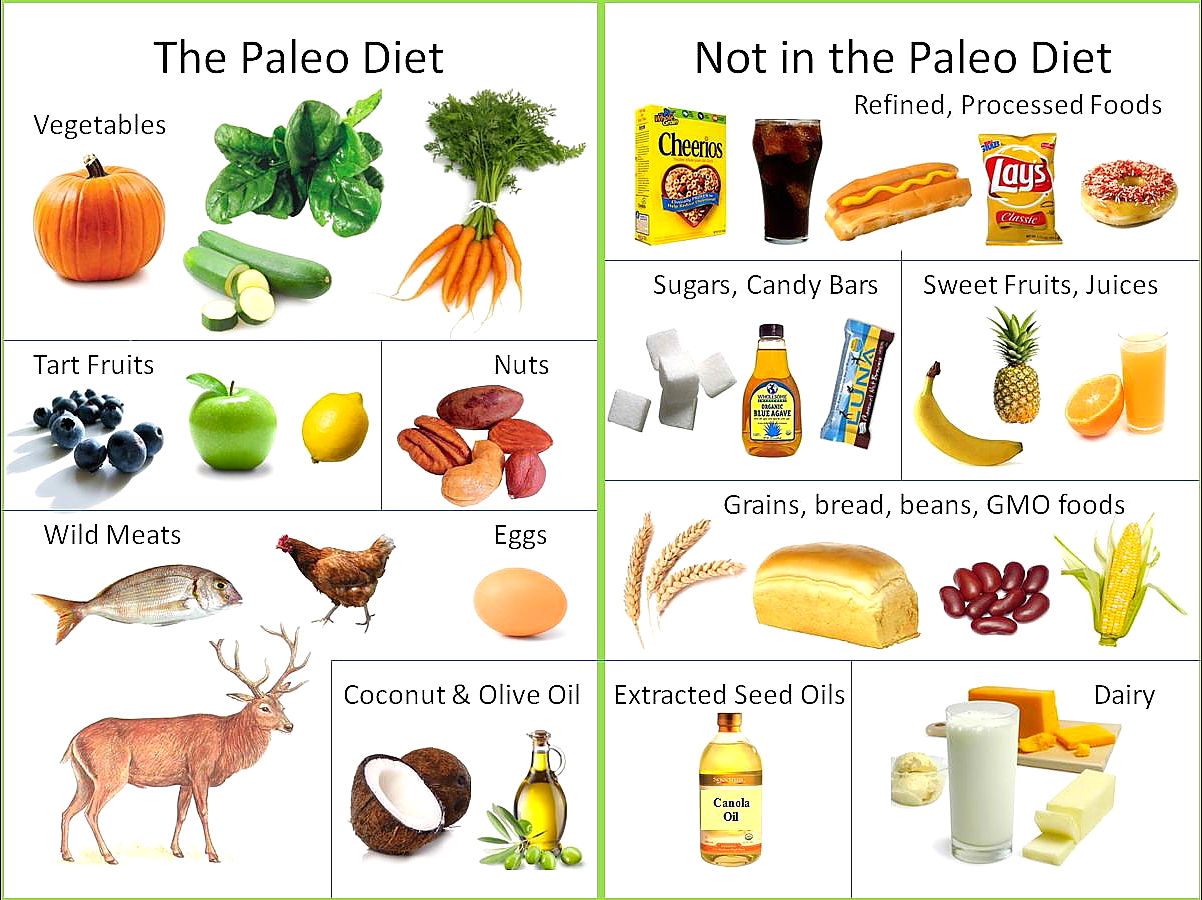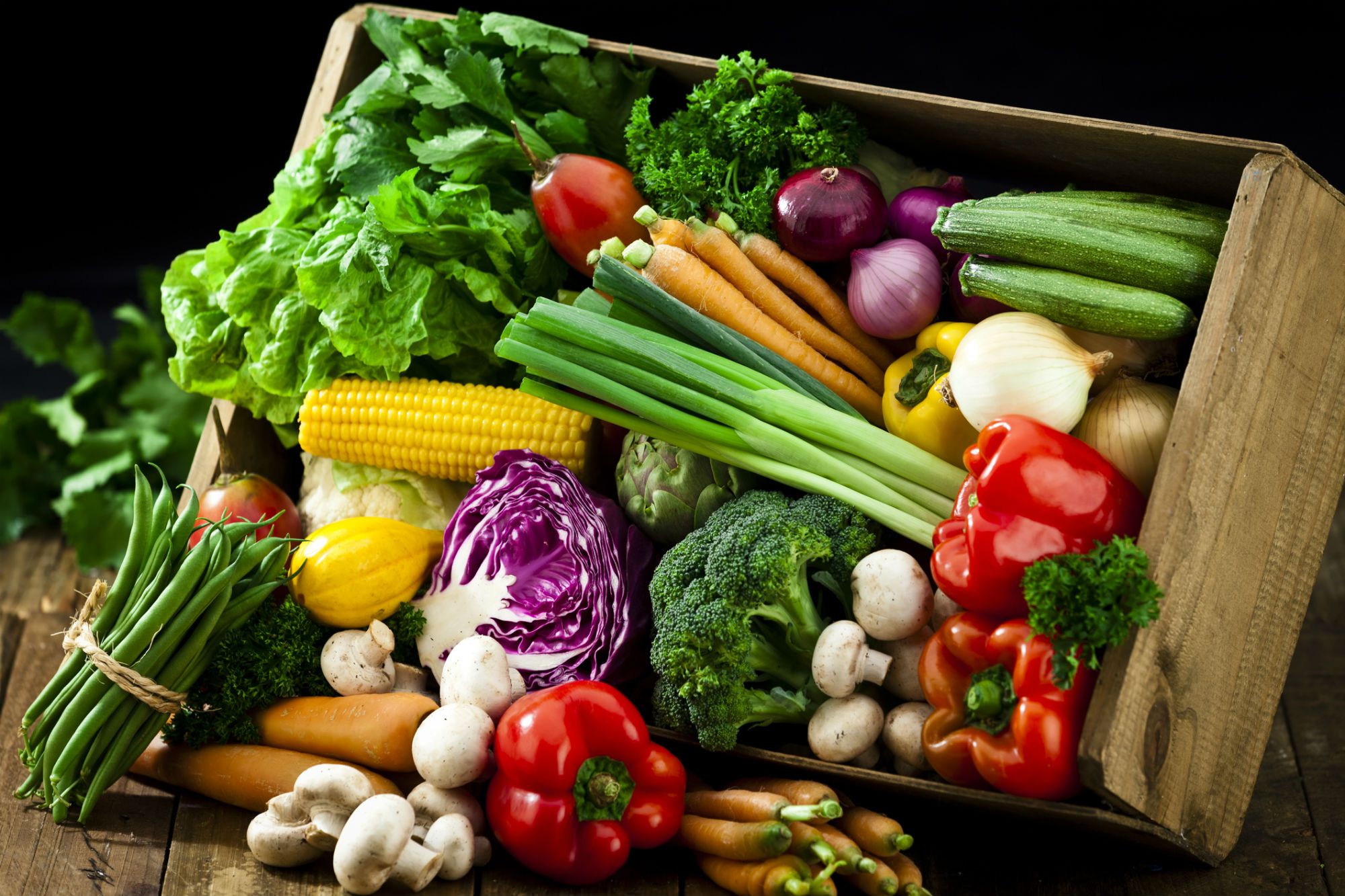With the rise of plant based diets, it’s easy to confuse main points of each. If I occasionally have an urge for a chicken sandwich, can I be vegetarian? What if I only eat fish? By the end of this article you should be able to clearly make distinctions among the different lifestyle eating patterns.
:fill(transparent,1)/vegan_vegetables-484152000-588893413df78c2ccd8d08b2.jpg)
Vegan
This means no animal products are consumed. Right, not even honey. No butter with grits or biscuits and say goodbye to grilled cheese sandwiches. They also believe in a cruelty free lifestyle, meaning they advocate for the humane, compassionate treatment of animals. Vegans do not purchase products such as soap or clothing items like leather, made from animals.
Vegetarian
They enjoy meat free eating habits but consume animal byproducts. They eat legumes like black beans, dairy products, and a variety of fruits and vegetables. There are different types of vegetarians. The most common sub group are the lacto-ovo that consume dairy products (also considered the most common form of vegetarianism). Lacto Vegetarians eat all dairy products except eggs. Ovo Vegetarians do not eat meat and the only diary product they consume are eggs.
Pescatarians
This group only eats sea creatures and no other type of animal meat products.

If you are looking for a marriage of special occasion indulgences of a burger and mostly following vegetarianism lifestyle, this may suite your needs. Flexitarians eat non meat protein sources like tofu and lentils, fruits, vegetables, whole grains, and dairy products while limiting their animal meat consumption. This is not so much of a drastic change. Instead of using beef meat balls in spaghetti, use tofu or get creative with adding lentils and vegetables. Try swapping cow milk for almond or coconut milk with morning cereal.
Plant Based
This is very similar to Veganism but they exclude processed and oil laden foods. Also, they are not as pro-animal rights as vegans. Instead, they choose to follow a plant based regimen due to health reasons or prevention strategies.
Paleo
The Paleo Diet is based on mimicking the eating patterns of pre-historic hunter gatherers. Their food guide is relatively simple: animal meat and products, fruits, vegetables, and raw nuts and seeds. Some of their guiding principles include high protein, low carbohydrate, high fiber intake, and increasing the amount of good fat in a balanced diet. A few flaws to point out are the fact that the pioneers of this diet only focus on the pre-historic age in human history and not other time periods. Also, there were humans scattered throughout the world with diverse habitats. Which human population were they studying to conclude their eating habits? Just some food for thought…

Low carb and high fat adequately summarizes the premise of this lifestyle plan. In contrast, on a higher carb regimen, the body uses them as the primary source for energy instead of fat. Fats are not needed for energy so they are stored. When the food intake is reduced, the body goes into ketosis or produces ketones, which are made when fat is broken down in the liver. This plan does not focus on what to eat but how many carbs to eat. In the beginning, you might experience frequent bathroom trips, dry mouth, fatigue, and cramps-which are all part of the process. After 4 to 5 days, the body should fully be in ketosis and the trick is to maintain this state on a low carb, high fat eating plan. Protein intake should be .6 to .8 grams x your current weight.
There are many different types of ways to eat. In all of this, I want to convey there is no one way to live a healthy life. Find what works for you and stick to it. You may not see success as a vegan but see immediate results following Keto. The key is be consistent and do not get discouraged.
More Information:
Flexitarian: https://health.usnews.com/best-diet/flexitarian-diet
Vegan: peta.org
Vegan vs. Plant Based: https://www.mindbodygreen.com/0-24031/veganism-versus-a-whole-food-plantbased-diet-whats-the-difference.html
OnKeto.com is a news aggregation service that brings you best of world articles to you for your consumption.
Author: DSuggs
Author URL: None
Original Article Location: http://sweatingwithgrace.com/vegan-vegetarian-flexatarian-oh-guide-lifestyle-eating/
